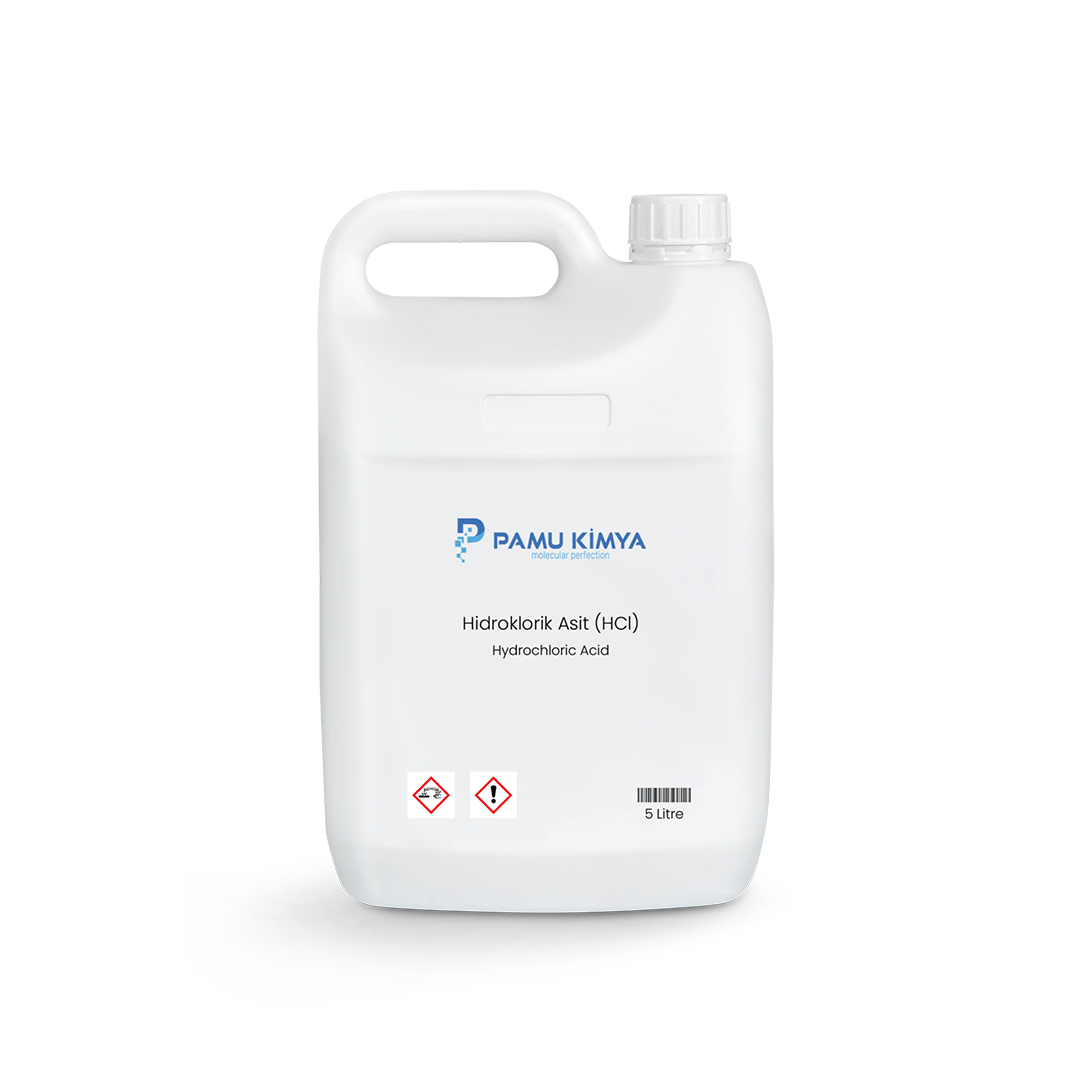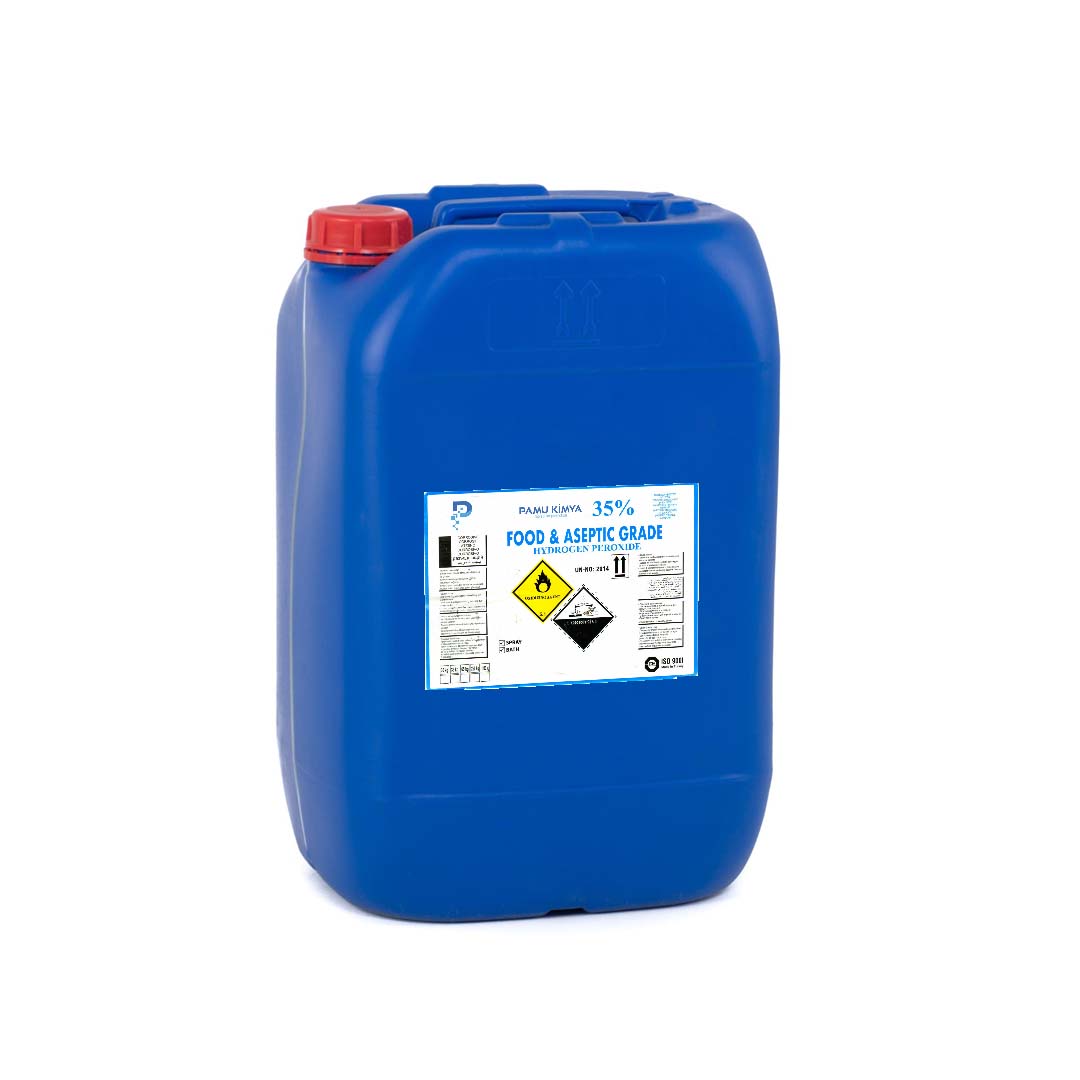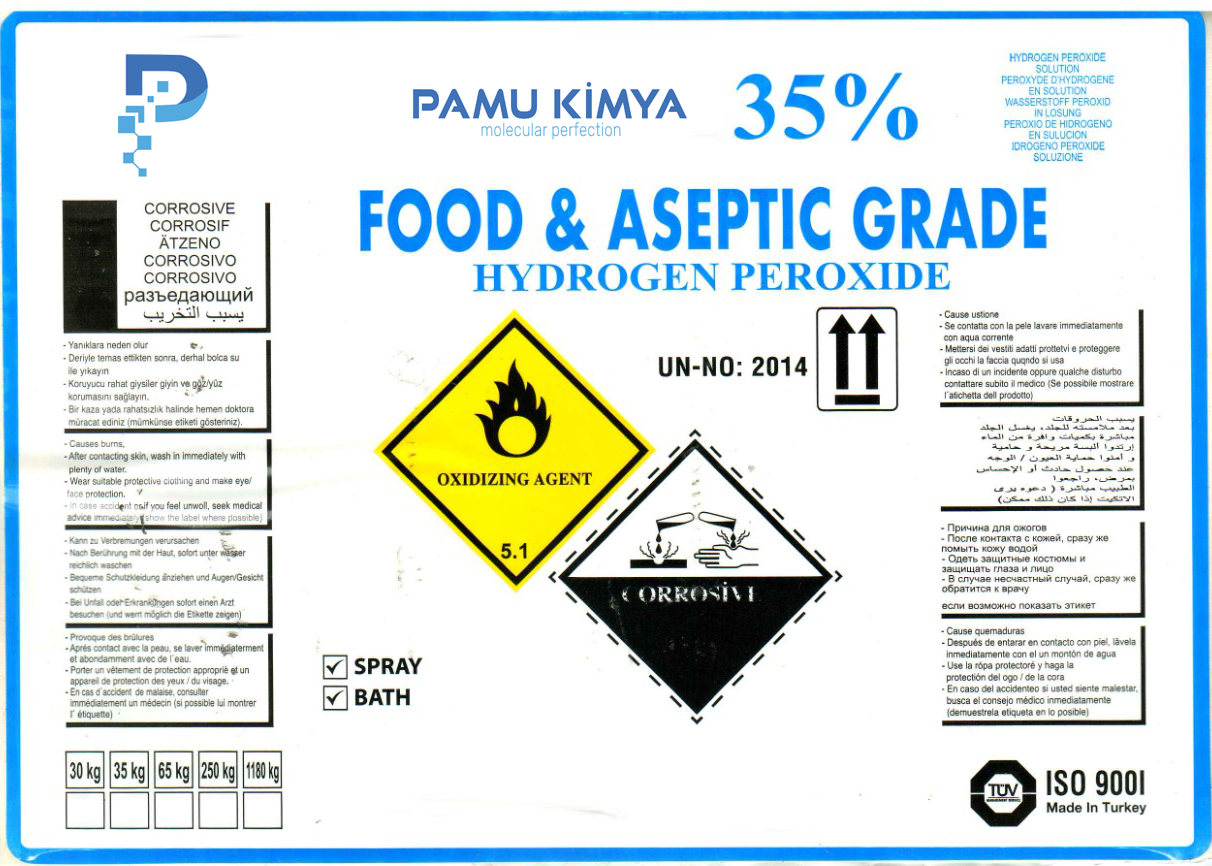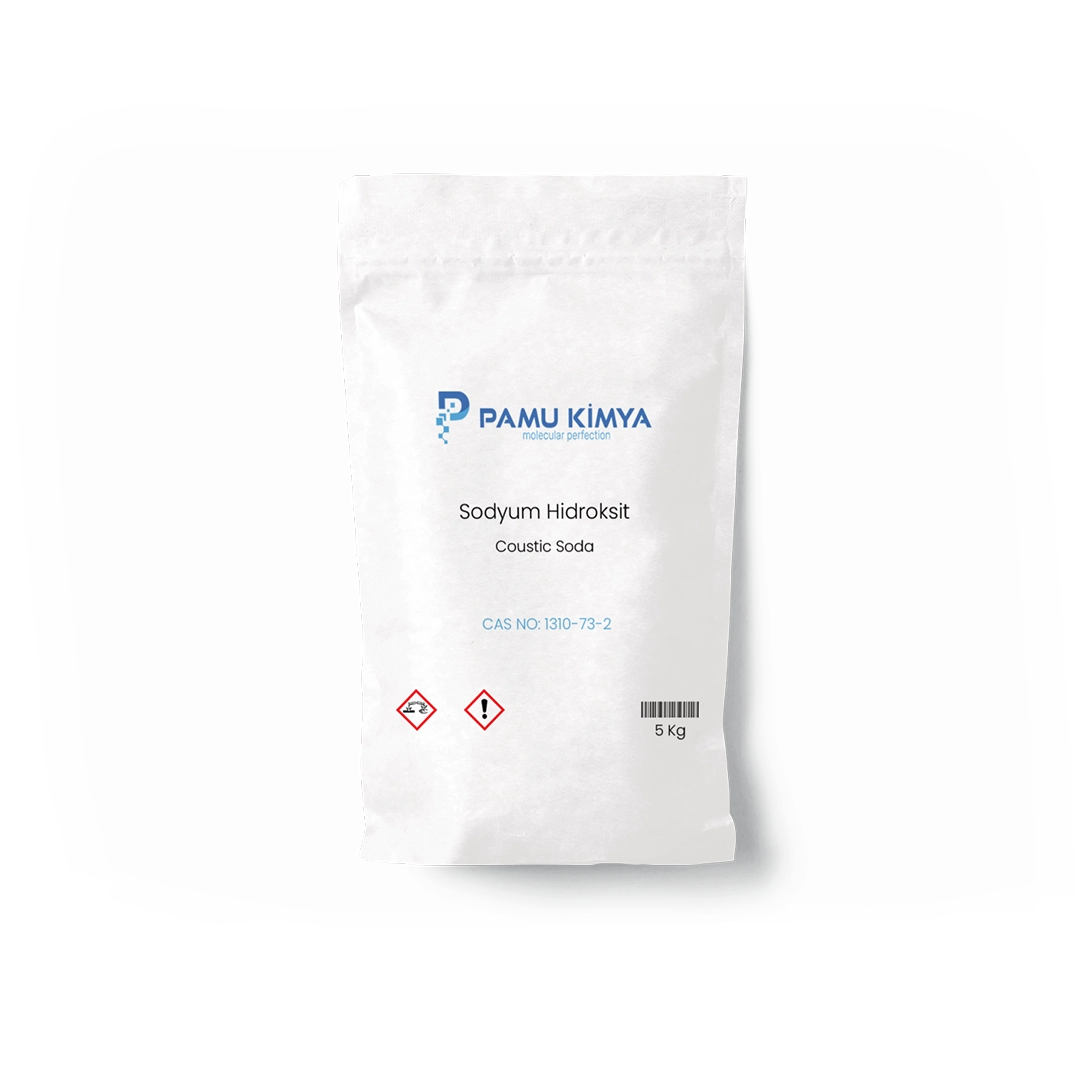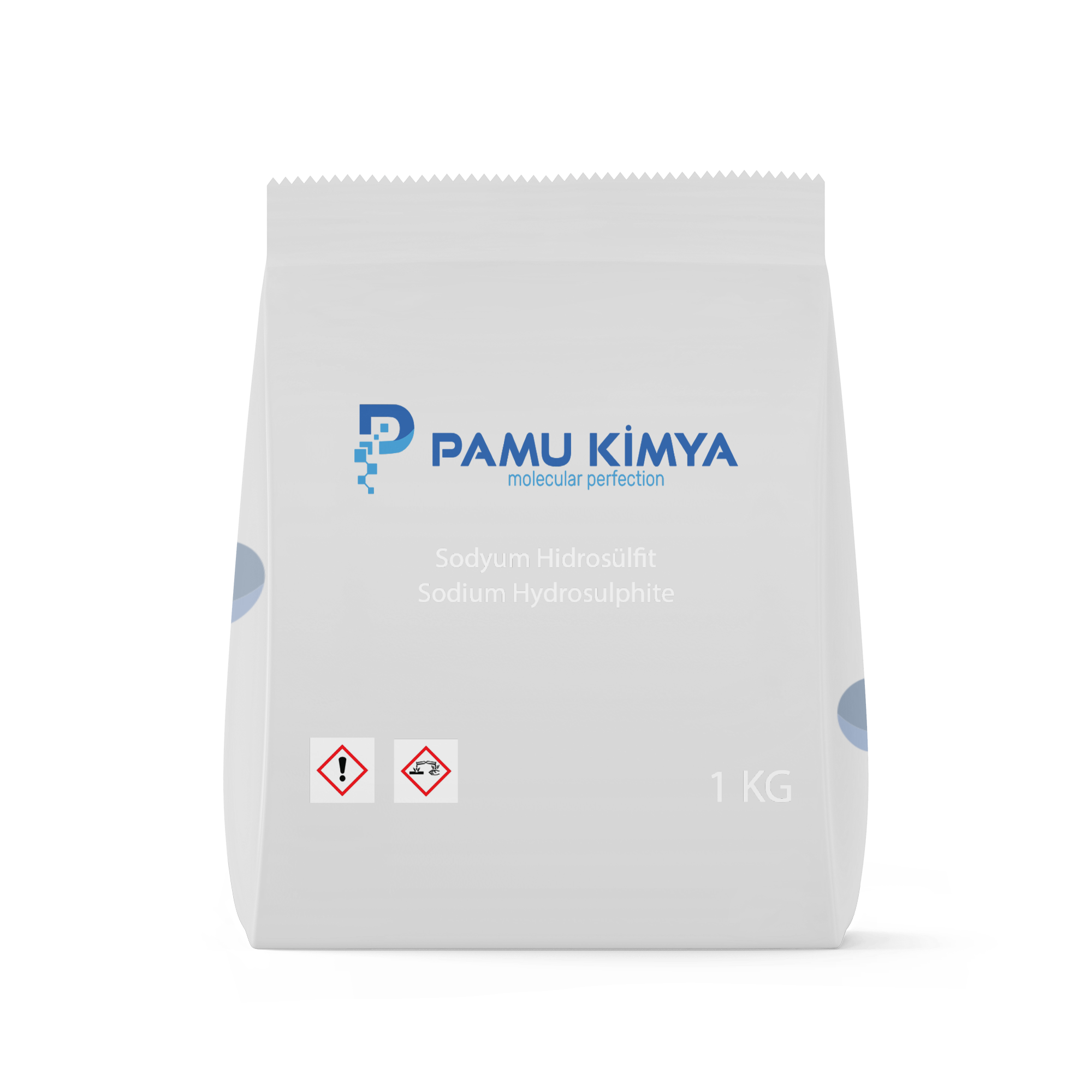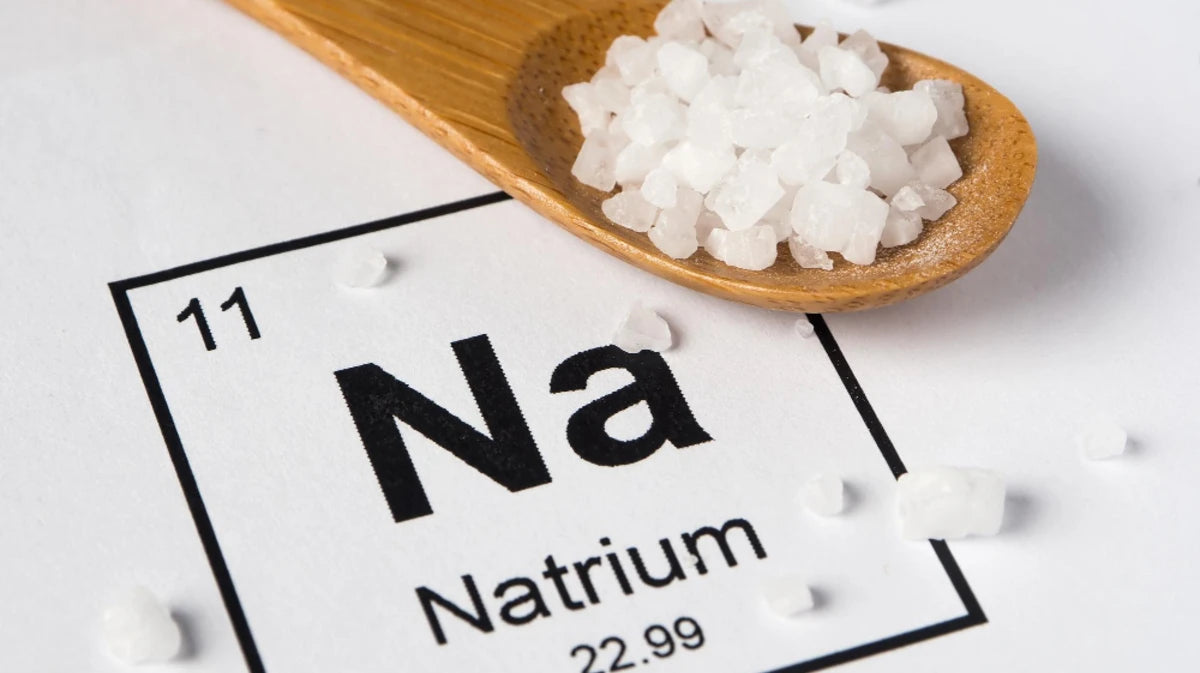
Magnesium
Magnesium is a metal with the symbol Mg and atomic number 12. Located in Group II-A of the periodic table, magnesium is a light and reactive alkaline earth metal. This element, which is widely found in nature, plays an important role in biological systems and industrial applications.
Chemical and Physical Properties of Magnesium
Magnesium is a remarkable metal with remarkable physical and chemical properties that make it indispensable for both industrial and biological uses.
Physical Properties
-
Density: 1.74 g/cm³ (a light metal)
-
Melting Point: 650 °C
-
Boiling Point: 1090 °C
-
Color and Structure: It is a silvery white and soft metal.
Chemical Properties
-
Reactivity: Magnesium reacts readily with oxygen and water to form magnesium oxide (MgO) and hydrogen gas (Ef).
-
Flammability: Magnesium in powdered form is easily ignited and burns with a highly luminous flame.
-
Alloying: Magnesium readily forms alloys with other metals.
Presence of Magnesium in Nature
Magnesium makes up about 2.1% of the Earth's crust and is a very common element on Earth. It is most often found in the minerals magnesite (MgCO3) and dolomite (CaMg(CO3)2). Magnesium ions are also found in large amounts in seawater, which is an important source for magnesium production.
Biological Role of Magnesium
Magnesium is an essential mineral for human health and plays a vital role in various biochemical functions of the body.
1. Energy Metabolism
Magnesium is necessary for the activation of the ATP (adenosine triphosphate) molecule, thus playing a critical role in energy production and storage.
2. Muscle and Nerve Functions
Magnesium is important in regulating muscle contraction, nerve conduction and heart rhythm.
3. Bone Health
Magnesium is essential for the formation of bone tissue and, together with calcium, helps maintain bone density.
4. Supporting the Immune System
Magnesium acts as a cofactor in many of the body's enzyme systems and helps strengthen the immune system.
Industrial Uses of Magnesium
Magnesium is used in various industrial areas as a lightweight and durable material:
1. Aviation and Automotive Industry
Magnesium alloys are widely used in aircraft fuselages, automobile parts, and bicycle frames because of their light weight and strength. Lightweight materials increase fuel efficiency and improve performance.
2. Electrical and Electronics Sector
Magnesium is used in the casings and other components of electronic devices. Its high thermal conductivity and light weight increase its popularity in this sector.
3. Metallurgy
Magnesium is used as a reducing agent in the production of iron and steel. In addition, special materials are obtained thanks to the alloys it forms with aluminum and other metals.
4. Chemical Industry
Magnesium is used as a reactive material in chemical syntheses and in the production of magnesium salts. It can also be used as a hardness remover in water treatment processes.
5. Medicine and Pharmacy
Magnesium compounds are used as antacids and laxatives. Magnesium oxide and magnesium hydroxide are known for their stomach acid neutralizing effects.
Magnesium Deficiency and Excess
Magnesium Deficiency
Magnesium deficiency (“hypomagnesemia”) can lead to:
-
Muscle cramps
-
Fatigue and weakness
-
Heart rhythm disorders
-
Immune system weakness
Redundancy Status
Excessive magnesium intake (“hypermagnesemia”) usually occurs with excessive use of supplements. Symptoms include:
-
Nausea and vomiting
-
Muscle weakness
-
Hypotension
Importance of Machine Maintenance and Regular Checks
It is very important to maintain the integrity of CNC machines when machining magnesium. Over time, wear and tear can compromise safety, especially when magnesium residue accumulates on machine parts. Such residue can become an ignition source when in contact with sparks or high temperatures. Routine inspection of CNC machines is essential, checking for both mechanical wear and potential magnesium buildup. Regular maintenance ensures trouble-free operation of the machine and protects equipment and personnel by minimizing the possibility of unexpected ignition.
Use of Protective Shields to Prevent Sparks and Fire
Sparks that occur when "working magnesium" are particularly risky due to the high flammability of the material. It is important to use protective shields to protect the processing area. These barriers catch sparks and deflect them away from points where "magnesium particles" can collect. In addition, they limit potential flames and stop them from escalating. This method increases safety during the magnesium processing process.
Safe Handling and Disposal of Magnesium Chips
Magnesium shavings and residues after processing pose a significant risk. If left unchecked, these particles can easily ignite. It is important to handle them with extreme care. These shavings must be collected regularly using non-static tools and equipment to prevent their accumulation. After collection, they should be disposed of in closed metal containers that can prevent accidental ignition due to external factors. Proper storage and timely disposal can reduce potential hazards, provide a safer processing environment and prevent environmental impacts.
Recycling of Magnesium
Magnesium is a recyclable metal, which has a great advantage in terms of environmental sustainability. The recycling process requires less energy than primary magnesium production and reduces environmental pollution.
Keywords
-
What is magnesium?
-
Magnesium usage areas
-
Magnesium benefits
-
Magnesium deficiency symptoms
"Magnesium, a light and reactive metal, is used in a wide range of applications from biology to industrial applications. Chemical properties, benefits and uses of magnesium



